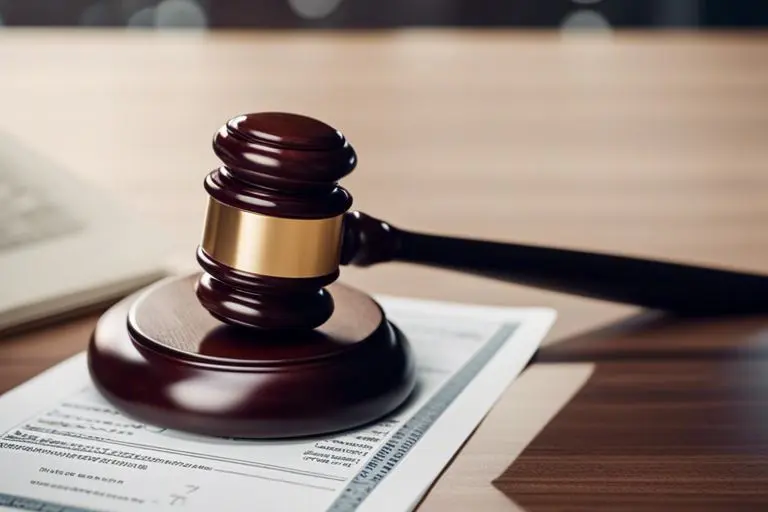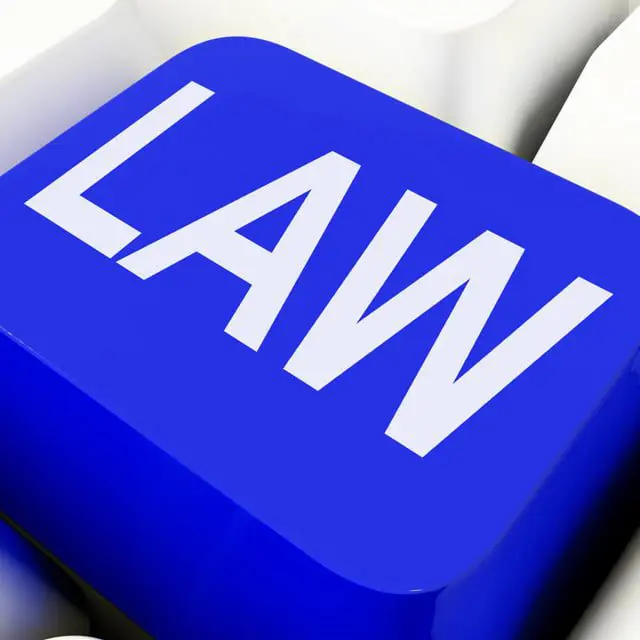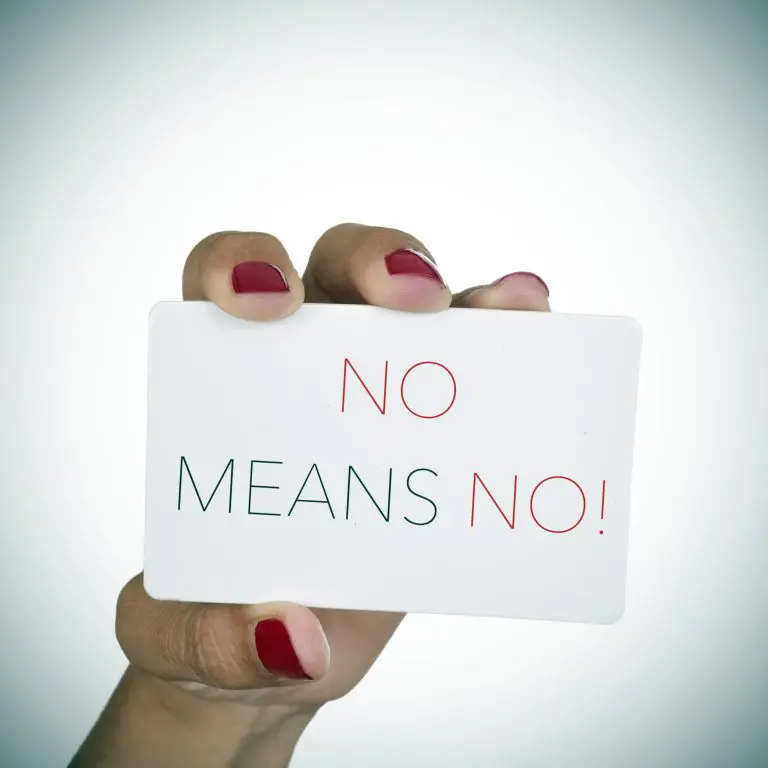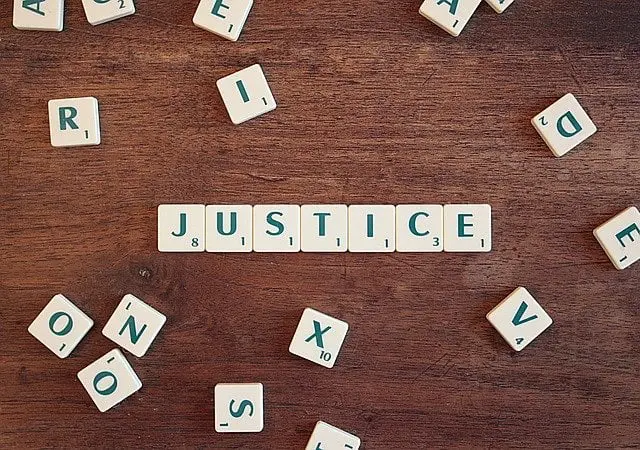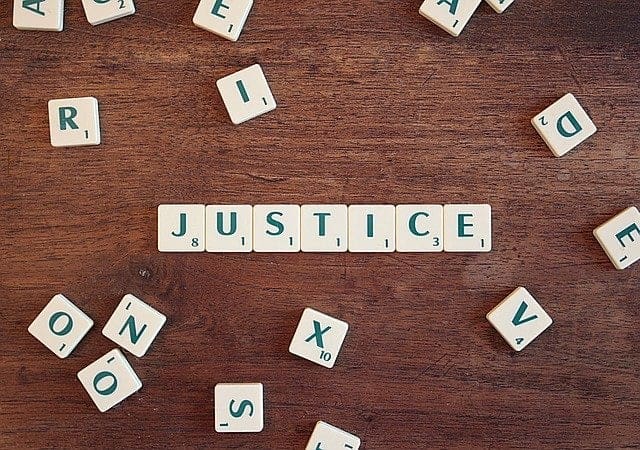Over the years, there has been a significant rise in the number of bad checks being issued, leading to legal consequences for both individuals and businesses. Understanding how banks handle bad checks and the potential legal ramifications involved is crucial for anyone engaged in financial transactions. In this blog post, we will research into the intricacies of this issue to provide readers with valuable insights and guidance.
For more product reviews, be sure to check out our posts on ‘ASICS Gel-Excite 10 Running Shoes’ and ‘DUOYANGJIASHA Women’s Casual Sneakers’ to make informed purchasing decisions.
Understanding Banks and Their Role in Finance
The Function of Banks in the Economy
Before delving into the intricacies of banks and their role in the financial world, it is vital to understand the fundamental function of banks in the economy. Banks serve as financial intermediaries that facilitate the flow of money from savers to borrowers. They accept deposits from individuals and provide loans to businesses and individuals, thereby playing a crucial role in stimulating economic growth and development.
Types of Banking Institutions and Services
Understanding the various types of banking institutions and services is key to comprehending the diverse financial landscape. Banks can be categorized into commercial banks, investment banks, and central banks, each serving distinct purposes in the economy. Commercial banks focus on traditional banking services such as deposit accounts, loans, and financial advisory. In contrast, investment banks specialize in providing financial services to corporations, governments, and other institutions.
| Bancos comerciales | Bancos de inversión |
|---|---|
| Accept deposits | Underwrite securities |
| Offer loans | Facilitate mergers and acquisitions |
| Provide financial advice | Manage assets |
| Issue credit cards | Participate in trading activities |
| Handle consumer banking | Engage in risk management |
The financial services offered by banks are diverse and cater to the specific needs of their customers. From basic checking and savings accounts to complex investment products and wealth management services, banks play a crucial role in the financial well-being of individuals and businesses alike.
- Perceiving the differences between commercial and investment banks can help individuals make informed decisions about their financial needs and goals.
An In-Depth Look at Checks
If you’ve ever wondered about the ins and outs of checks, you’ve come to the right place. In this chapter, we will research into the crucial details about checks, including their definition, types, and the process of writing and issuing them.
Definition and Types of Checks
An crucial aspect of understanding checks is knowing their definition and the different types that exist. Checks are written orders directing a bank to pay a specific amount of money from a person’s account to the individual or company named on the check. There are various types of checks, including personal checks, cashier’s checks, certified checks, and money orders.
- Personal Checks: Issued by individuals and drawn upon their personal accounts.
- Cashier’s Checks: Issued by a bank and drawn from the bank’s account, making it a secure form of payment.
- Certified Checks: Personal checks that the bank guarantees will clear because the funds are set aside by the bank.
- Money Orders: Prepaid certificates for a specific amount, often used for transactions where a check is not accepted.
Knowing the differences between these types of checks can help you choose the most suitable payment method for your needs.
The Process of Writing and Issuing a Check
Definición
Issuing a check involves the account holder writing crucial details on the check, including the payee’s name, the amount to be paid, the date, and the signature. Once the check is written, it is then issued to the payee as a form of payment. The payee can then deposit the check into their bank account and receive the funds once the check clears. It is crucial to have sufficient funds in the account to cover the amount written on the check to avoid bouncing or overdraft fees.
Bad Checks and Their Implications
What Is a Bad Check?
Many people are unaware of what constitutes a bad check. Essentially, a bad check is a check that is written with the knowledge that there are insufficient funds in the account to cover it. When this happens, the check will bounce and the recipient will not receive the funds promised. This can have serious legal repercussions for the person who wrote the check.
Common Reasons for Bad Checks
One common reason for bad checks is simple oversight or miscalculation of available funds in the account. Other times, individuals may intentionally write bad checks as a form of fraud. It is necessary for individuals to always ensure they have enough funds in their account before writing a check to avoid legal consequences.
Check writers should also be aware that using closed accounts, writing post-dated checks without sufficient funds by the date promised, or altering the check amount can all lead to the check being considered bad and result in serious repercussions.
What may seem like a minor issue can quickly escalate into a legal matter if a bad check is involved. It is crucial for individuals to understand the implications of writing a bad check and to always practice responsible financial management to prevent inadvertently writing a bad check.
Legal Framework Governing Bad Checks
After a check is written and deposited, it is processed through the banking system. If the account from which the check was drawn does not have sufficient funds to cover the amount, the check is considered a bad check. This is a serious matter that is governed by specific laws and regulations to protect both the payee and the integrity of the banking system.
Laws and Regulations Related to Bad Checks
On a federal level, the passing of bad checks is considered a criminal offense. The Federal Reserve Act and the Expedited Funds Availability Act outline guidelines for check processing and hold financial institutions accountable. Additionally, each state has its own set of laws regarding bad checks, including civil and criminal penalties for offenders. These laws aim to deter individuals from writing bad checks and hold them accountable for their actions.
Penalties for Writing Bad Checks
For individuals who are found guilty of writing bad checks, the penalties can vary depending on the state and the amount of the check. Penalties may include fines, restitution to the payee, and even jail time in more serious cases. In some states, writing a bad check can result in a misdemeanor or felony charge, which can have long-term consequences on an individual’s criminal record and financial stability.
Regulations are in place to ensure that the consequences for writing bad checks are severe enough to deter individuals from engaging in this illegal activity. It is crucial for both businesses and individuals to be aware of the laws and regulations surrounding bad checks to protect themselves from financial harm and legal repercussions.
Prevention and Remedies for Bad Checks
Best Practices to Prevent Issuing Bad Checks
Now, one of the most effective ways to prevent issuing bad checks is to have sufficient funds in your bank account before writing a check. Make sure to keep track of your account balance and any pending transactions to avoid accidental overdrafts.
Another best practice is to double-check all the information on the check, including the date, payee, and amount. Additionally, consider using electronic payment methods like online banking or mobile apps for more secure transactions.
Steps to Take When Receiving a Bad Check
An vital step when receiving a bad check is to contact the issuer immediately to try to resolve the issue. If the check bounces due to insufficient funds, ask the issuer to provide an alternative form of payment or cover any associated fees.
Prevention is key when dealing with bad checks. Be proactive by verifying the issuer’s identity and contact information before accepting a check. Consider using check verification services or requesting a cashier’s check for larger transactions to minimize the risk of receiving a bad check.
Beyond Bad Checks: Fraud, Forgery, and Identity Theft
Understanding Check Fraud and Forgery
Fraudulent activities related to checks, such as check fraud and forgery, can have severe consequences for individuals and financial institutions. It is important to educate yourself about the various forms of check fraud and forgery to protect yourself from falling victim to these crimes. For more detailed information on this topic, you can visit Checks and Related Issues – CT.gov.
Protecting Against Identity Theft Related to Check Transactions
Identity theft is a significant concern when it comes to check transactions. Safeguarding your personal information, such as bank account numbers and signatures, is crucial in preventing identity theft through check-related activities. Be cautious when providing your information and ensure that you only share it with trusted sources. Additionally, regularly monitoring your bank statements and credit reports can help you detect any unauthorized transactions promptly.
Beyond being vigilant in protecting your information, consider using secure banking practices such as shredding old documents containing sensitive data and utilizing secure online banking systems. Note, staying informed and proactive is key to mitigating the risks associated with identity theft in check transactions.
The Future of Banks and Checks in the Digital Age
Impact of Technology on Traditional Banking
Despite the long-standing tradition of brick-and-mortar banking institutions, the rapid advancement of technology has significantly impacted how banks operate in the digital age. With the rise of online banking, mobile apps, and digital payment methods, traditional banks have had to adapt to meet the changing needs of their customers.
The Rise of Electronic Payments and Digital Check Solutions
Impactful technological advancements have paved the way for the rise of electronic payments and digital check solutions. More and more consumers are turning to digital platforms to conduct their financial transactions, leading to a decrease in the use of traditional paper checks. Online payment systems and digital check processing services offer convenience, speed, and efficiency, revolutionizing the way payments are made and processed.
Banking institutions have recognized the shift towards electronic payments and digital check solutions, integrating these technologies into their services to offer customers more flexibility and convenience. From online bill payments to mobile check deposits, the banking industry is embracing the digital age to streamline processes and enhance the overall customer experience.
Checks
While paper checks may be less common in today’s digital world, they still hold relevance for certain transactions and individuals. Whether used for business payments, rent, or personal transactions, checks remain a valid form of payment that offers a sense of security and tangibility in an increasingly virtual financial landscape.
Conclusión
Now that you have gained valuable insight into the world of banks, bad checks, and legal ramifications, it is crucial to remember the importance of maintaining responsible banking practices. Always ensure that you have sufficient funds in your account before issuing a check to avoid facing potential legal consequences. Understanding the laws surrounding bad checks and being aware of the potential penalties will help you navigate the banking system with confidence and knowledge.
By staying informed and following proper banking procedures, you can protect yourself from unintentional mistakes that could lead to legal trouble. Be mindful of, banks have strict protocols in place to uphold the integrity of financial transactions, and by adhering to these guidelines, you can safeguard your financial well-being and maintain a positive relationship with your bank.


